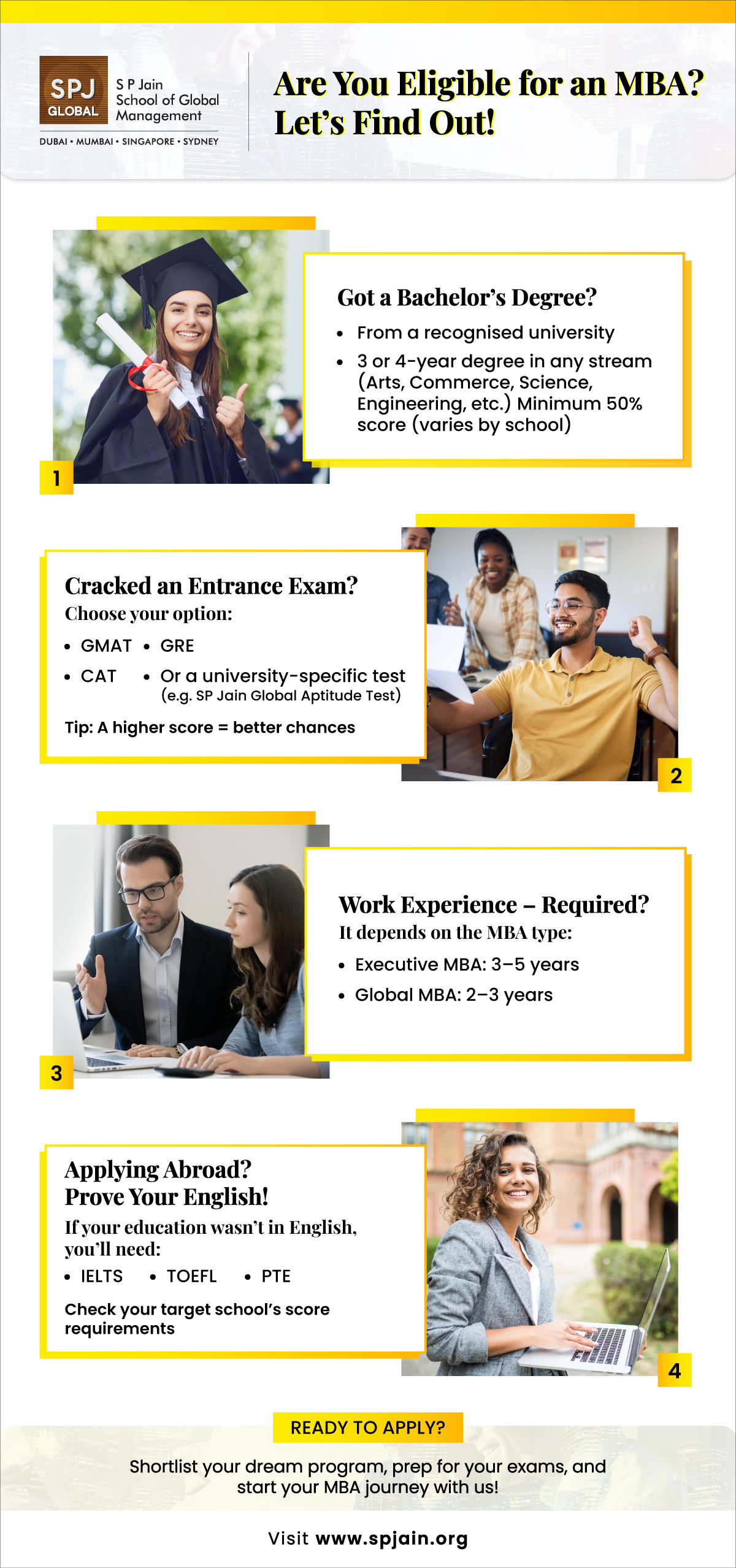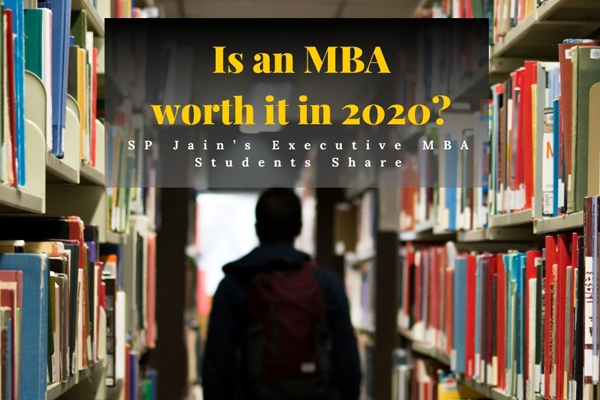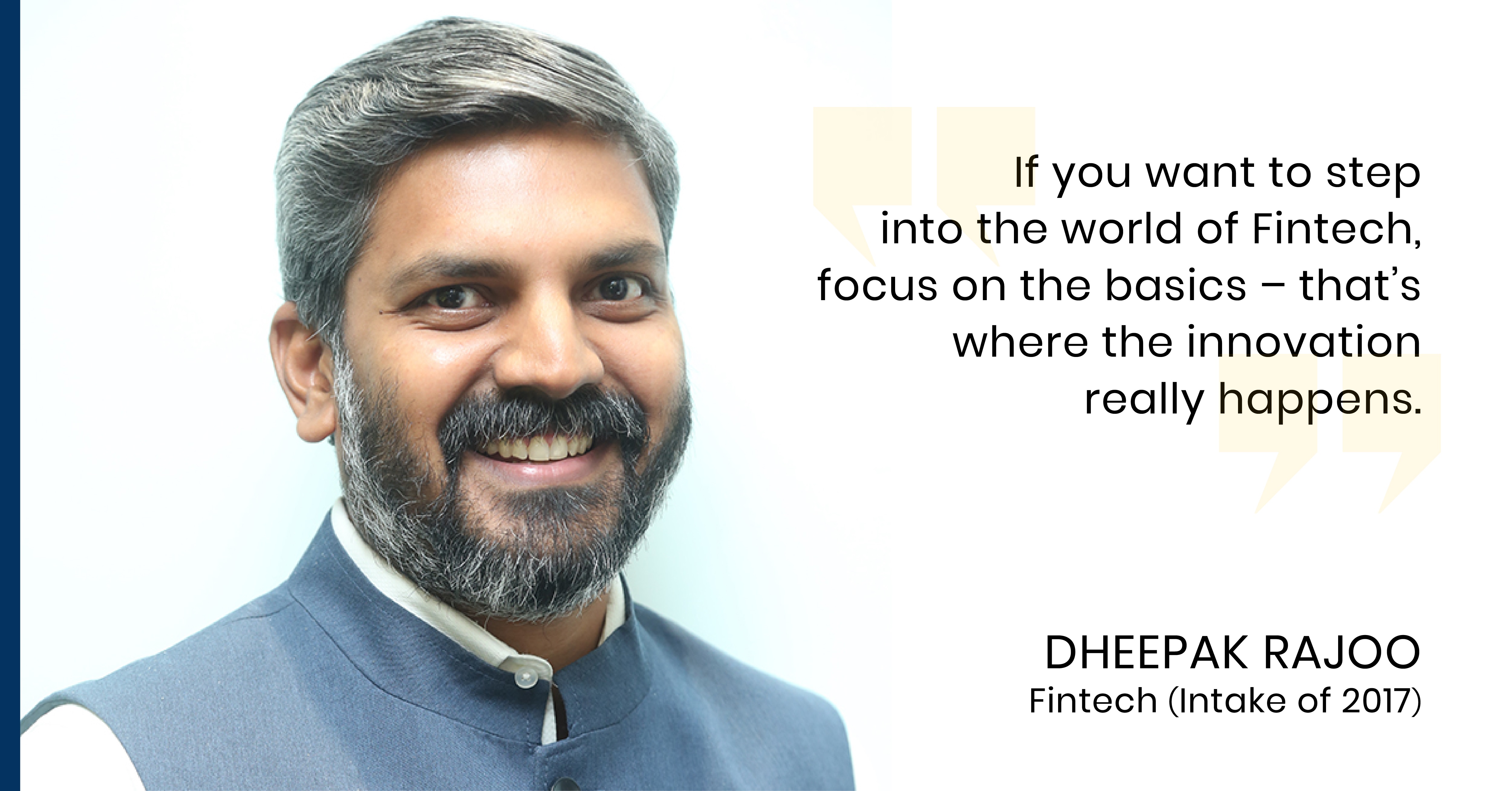Ever found yourself considering if you are eligible for an MBA? You are not alone! Many professionals and graduates face the same question. Instead of second-guessing, read this blog as we break down the standard MBA (Master of Business Administration) eligibility criteria that the leading business schools seek.
Basic MBA Eligibility Criteria
Every business school has its own MBA admission requirements, but most institutions follow certain standard eligibility criteria. Here are the key factors you should consider:
1. Educational Qualification
The most common requirement for MBA eligibility is a bachelor’s degree from a recognised university.
- Most business schools expect applicants to have completed a three or four-year undergraduate program.
- The degree can be in any discipline; business, engineering, science, arts, or commerce.
- Some business schools may require candidates to score at least 50% or an equivalent CGPA in their undergraduate studies.
2. Entrance Exams
Most business schools require candidates to take an entrance exam as part of the MBA eligibility criteria. Common entrance exams include:
- GMAT (Graduate Management Admission Test) – Accepted by many global business schools.
- GRE (Graduate Record Examinations) – An alternative to GMAT in some universities..
- CAT (Common Admission Test) – Required for many Indian institutions.
- Other university-specific exams – Some of the leading business schools, such as SP Jain Global, conduct their own entrance tests.
These exams assess your quantitative, verbal, and analytical skills. A good score can strengthen your MBA application and improve your chances of admission.
3. Work Experience (For Some MBA Programs)
While many MBA programs accept fresh graduates, some require prior work experience.
- Executive MBAs usually require 3-5 years of work experience.
- Full-time MBAs may prefer candidates with at least 1-2 years of experience but often accept freshers .
- Global MBA programs may need students with 2-3 years of work experience.
If you are unsure whether experience is necessary, review the specific criteria of the MBA program you are interested in.
4. English Language Proficiency (For International Applicants)
If you are applying to a university where English is the primary language of instruction and you have not completed your previous education in English, then you may need to prove your proficiency through exams such as:
- IELTS (International English Language Testing System)
- TOEFL (Test of English as a Foreign Language)
- PTE (Pearson Test of English)
Different institutions have different score requirements. Check the minimum score needed before applying.
Additional Factors That Strengthen Your MBA Application
Meeting the MBA eligibility criteria is just the first step. If you want to stand out from the crowd, then consider the following:
1. Strong Academic Record
A high GPA or strong academic performance in your undergraduate degree can boost your application. It shows that you are capable of handling the academic challenges of an MBA program
2. Leadership and Extracurricular Activities
Many business schools look for leadership potential. Your participation in extracurricular activities, student organisations, or community service can make your MBA application more competitive.
3. Letters of Recommendation
Most MBA programs require recommendation letters from employers, professors, or mentors. Choose individuals who want to highlight your skills, achievements, and leadership qualities.
4. Statement of Purpose (SOP) or Personal Essay
A well-written SOP or essay explaining why you want to pursue an MBA can strengthen your application. Ideally it should reflect your career goals, motivation, and how the program is in line with your aspirations.
Wrapping It Up
If you are ready to take the next step in your career, then check the eligibility criteria for your preferred MBA programs and start preparing your application. A strategic and well-prepared approach can significantly improve your chances of getting into a top business school.
FAQs about MBA Eligibility Criteria
1. Can I pursue an MBA without a business background?
Yes! All MBA programs accept students from diverse academic backgrounds, including engineering, arts, science, and commerce. The program is designed to teach business fundamentals from scratch.
2. What if I have a low undergraduate GPA?
A lower GPA does not always mean rejection. A strong entrance exam score, work experience, leadership activities, and a well-written SOP can compensate for a low GPA.
3. Is work experience mandatory for an MBA?
It depends on the program. Some MBAs, especially Executive MBAs, require work experience, while others accept fresh graduates.
4. How can I improve my chances of admission in an MBA program?
As an MBA aspirant, you can study hard and score well in entrance exams, gain relevant work experience, write a compelling SOP and finally get strong recommendation letters.
Recommended Reads:
Four Cities. One Journey. A World of Global Learning & Student Life at SP Jain School of Global Management
How an Executive MBA Transforms Leadership Amid Industry Disruption, Digital Change, and Global Economic Shifts
A Journey Through Tech, Partnerships, and Global Learning: SPJ Alumni Spotlight with Nisha Koshy (GMBA 2008)
How an MGB Degree Can Launch Your Global Career











